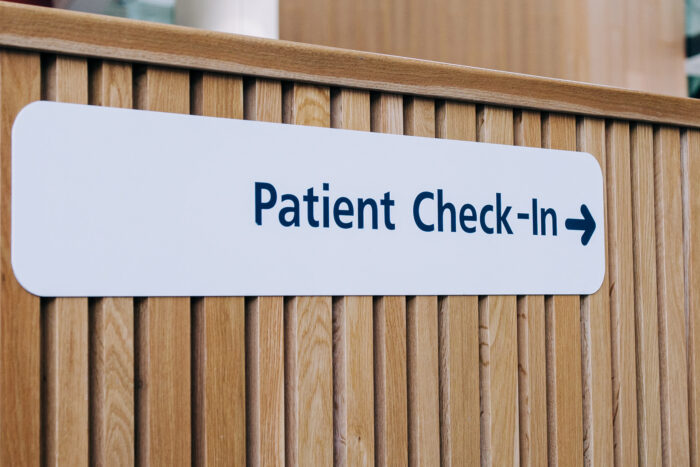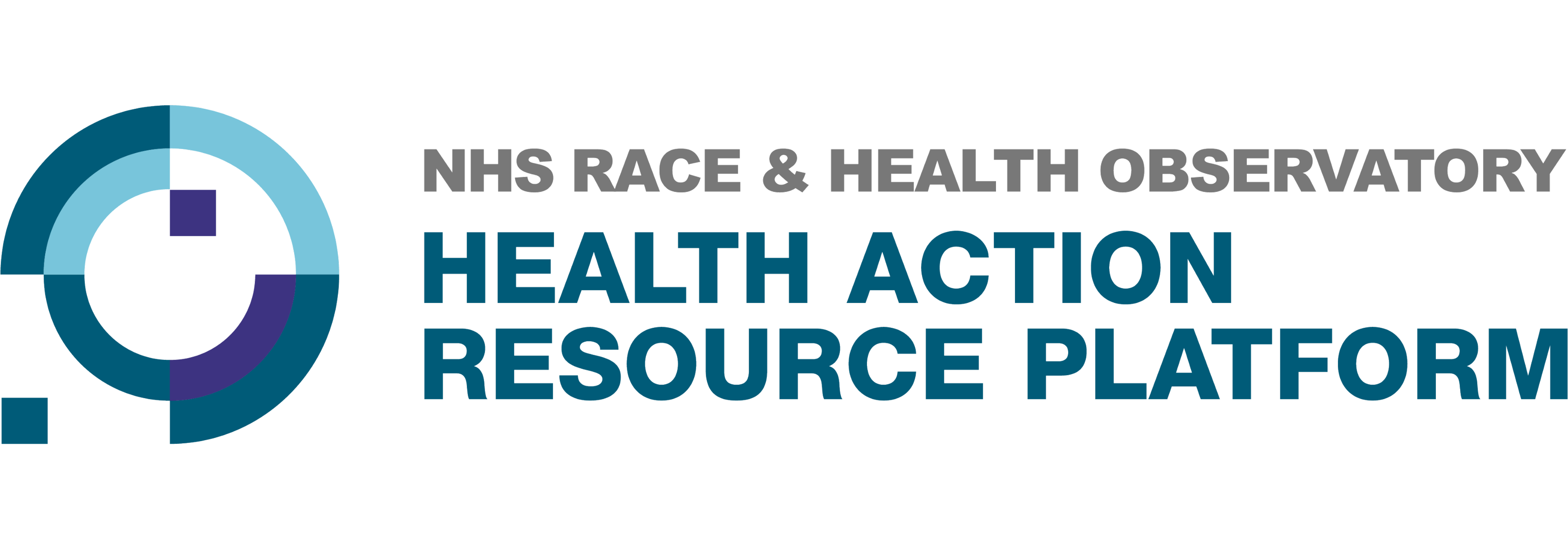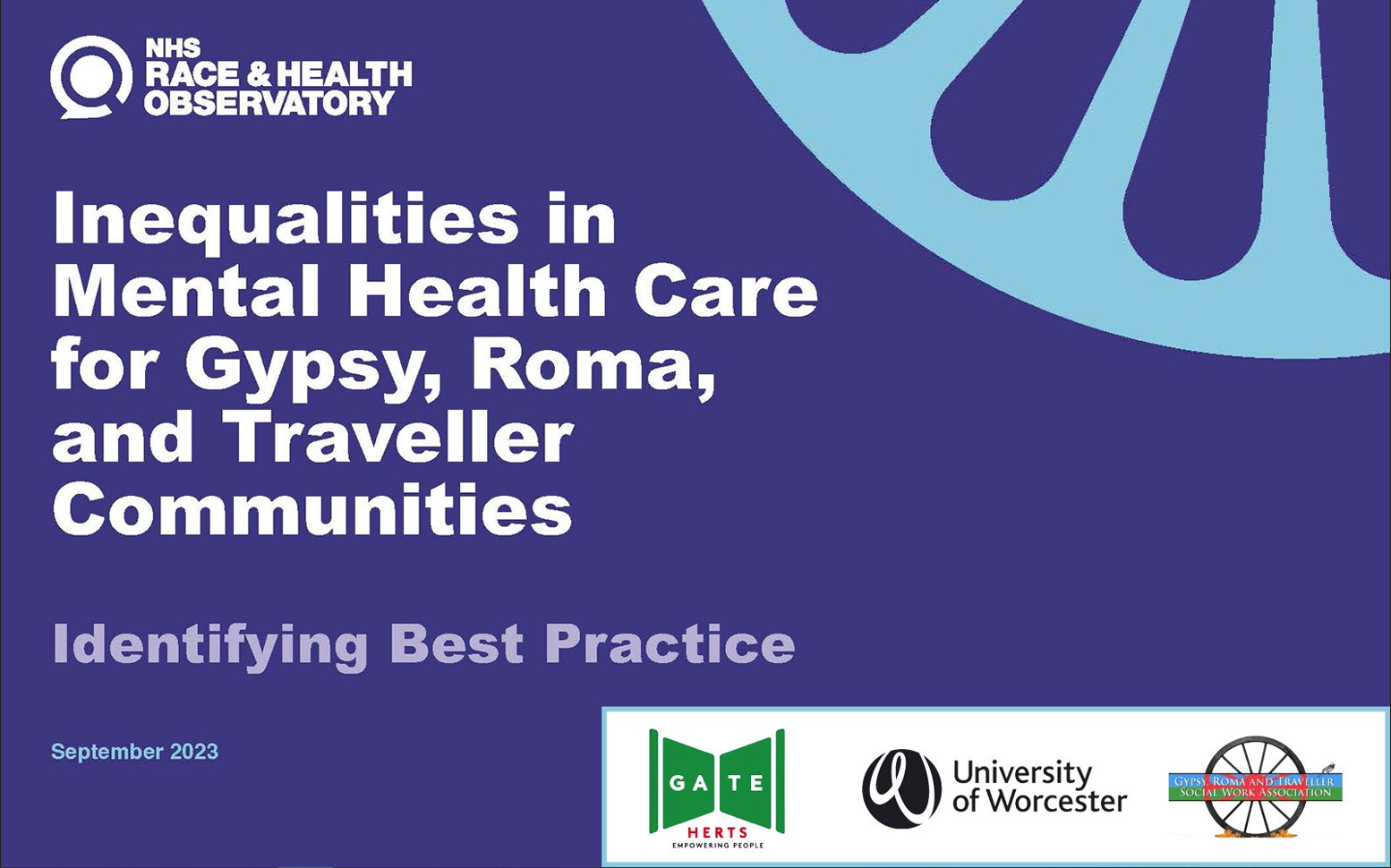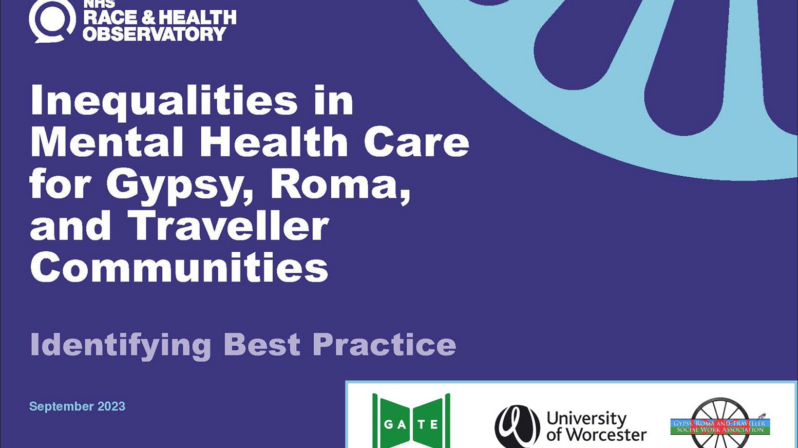This case study is drawn from a programme of research commissioned by the Race and Health Observatory and published in 2023. As part of this project, the team worked with six services in the UK and Ireland to understand good practice in mental health services for these communities. To read more about mental health in Gypsy, Roma, Traveller Communities, you can access the full research project here: https://nhsrho.org/research/identifying-best-mental-health-practice-with-gypsy-roma-and-traveller-communities/
Background
York Travellers Trust (YTT) is a charity based in York and established in 1999. Their aim is to work with Gypsy and Traveller communities to provide advocacy and assistance support services to encourage and empower community members to access wider services and opportunities. The services offered to families and individuals within this aim are education and training; advice on benefits, housing, and debt; and supporting people to bridge the gap between them and the settled community.
The trust also liaises with other agencies such as the police, housing, planning department, and education services to advocate for the needs of the traveller communities. There are six people employed within YTT. Charitable funding is core for this organisation as well as funding from private donors. They do not currently have any funding from the NHS.
Key learnings from engagement
Interviews
As part of the Observatory’s research, the team visited YTT to conduct interviews with those providing and using its services. ices. Seven interviews were carried out at YTT’s base office, which is situated in a terraced street and is very much part of the community. The Trust runs the neighbourhood food bank and local people (including non-Travellers) drop in for this service, or simply for a coffee and chat. This was unique among the projects we visited and made possible not only by the mind-set of the Trust management, but also by its location.
The community members interviewed greatly praised the role the Trust played in their lives, with several having used its services for over a decade. Experiences related regarding mental health were primarily that the trust would be looked for in respect of initial advice in this area. Actual experiences of being offered any mental health interventions – other than medication – were largely absent. One young woman did report having been given some ‘relaxing’ tapes to listen to, which she had enjoyed, but reflected that they could do little to alleviate her poverty and living conditions on the site. She was, however, hopeful of a transfer into housing and local housing providers seemed to treat applicants from Gypsy and Traveller backgrounds equitably.
One interviewee had moved back to a site because she missed the immediacy of family support. There was a general feeling in York that discrimination was perhaps experienced less often than elsewhere in the UK. This may reflect the opportunities in the local job market, with several interviewees reporting working in retail, tourism, and in garages.
The interviewees reported a reluctance for men to speak out about mental health and suggested that ‘male’ activities such as football and boxing might attract interest, but it was also pointed out that not all men should be stereotyped in this way, and that sports did not appeal to all.
People spoke of family they had lost ‘to the rope’ when there had been no inkling of that family member being troubled, and sometimes the very opposite. Great regret was expressed that the suicidal person could not have been reached out to earlier, but it was acknowledged that a culture which ‘bottles up’ men’s mental health issues means preventing such tragedies is a huge challenge. It was commented that talking in focus groups (such as the one held as part of the research) was a good way of bringing these issues out into the open. The ‘fun days’ and activities that YTT run for all ages were also seen as great fun in themselves and uplifting of the spirits. The cost of ‘days out’, especially for larger families, was seen to be prohibitive.
The weekly ‘Catch up’ club might otherwise be described as a ‘Well-Woman’s group’ and was viewed as a great chance to socialise and share problems- ‘We just get round the table, and we say ‘owt about owt!”
Focus Group
The focus groups were attended by five females and two males. Six participants were Romany Gypsies, and one was a mixed Romany/Irish Traveller. The following themes emerged from the discussions:
Benefits of own community service
Talking to members of a pea person’sson’s own community means they know what you mean and can understand you better. Using a service dedicated to Travellers eased a fear of social services involvement. Confidentiality wawas seen to be seen to be very important and and people expressed a fear of gossip as a factor that limited opening up as a factor that limited opening up.
Health and Welfare
Homelessness and its effect on mental health was discussed in relation to the trauma faced when trying to seek social housing and not being able to prove your connection to the borough. Many boroughs require a locality element to be met, and often Travellers have not been in an area long enough to hit these limits.
A feeling was expressed that many professionals expect domestic violence to be prevalent within the communities although this is not necessarily the case.
Digital exclusion was discussed, and the difficulties with making doctors’ appointments, ordering repeat prescriptions, and booking into surgeries for appointments.
The older women present said they might talk to male professionals, but many would require a chaperone and were unsure about unsure about whether that would be allowed.
Religion
Religion was discussed, and in parin particular the comfort it brings when people are feeling down and depressed. The evangelical Light and Life church was mentioned, where pastors encourage the congregation to reach out if they are experiencing mental health difficulties. Pastors were always available for the men to talk to, and the pastor’s wife is available for the women.
The group also discussed the fact that police attend funerals and often shut down public houses when a Traveller funeral is being held, putting extra pressure on the grieving families. One example given was when an older lady died, and the police visited the grieving husband within hours to tell him he could not have family members attend his house because they feared disruption. He was told he could not have the funeral depart from his address because the family may gather there. Understandably, this upset the family very much and the cultural traditions of ‘sitting up’ were not respected or understood.
Discrimination Experiences
Getting doctors’ appointments was reported as difficult at times because receptionists often insist on photographic ID.
The discrimination attached to site addresses was discussed, particularly how this makes getting a job difficult, getting car insurance difficult, and the fact that some delivery firms will not deliver to certain sites. Racism and discrimination were discussed, as was the feeling of shame when people are refused service in restaurants and public places. This daily, insidious oppression takes its toll on both mental and physical well-being.
People living on sites feel like they are being spied on. The group spoke about a time one family found a parish councillor watching them and taking photos from behind a hedge. This was upsetting because of the children on the site and not being sure who the person was until they confronted them. Drones being flown over sites and taking pictures of children and family members were also reported as commonplace, all contributing to feelings of invasion and persecution.
Replicable good practice
- Drop-in sessions throughout the week incl. ‘Catch-up Club’.
- Running a foodbank for the local community.
- Health awareness education e.g., Mental Health First Aid.
- Focus on literacy and advocacy.
Inequalities in Mental Health Care for Gypsy, Roma, and Traveller Communities
This case study is part of a report commissioned by the RHO which aims to identify best practice in mental health for Gypsy, Roma and Traveller communities..



